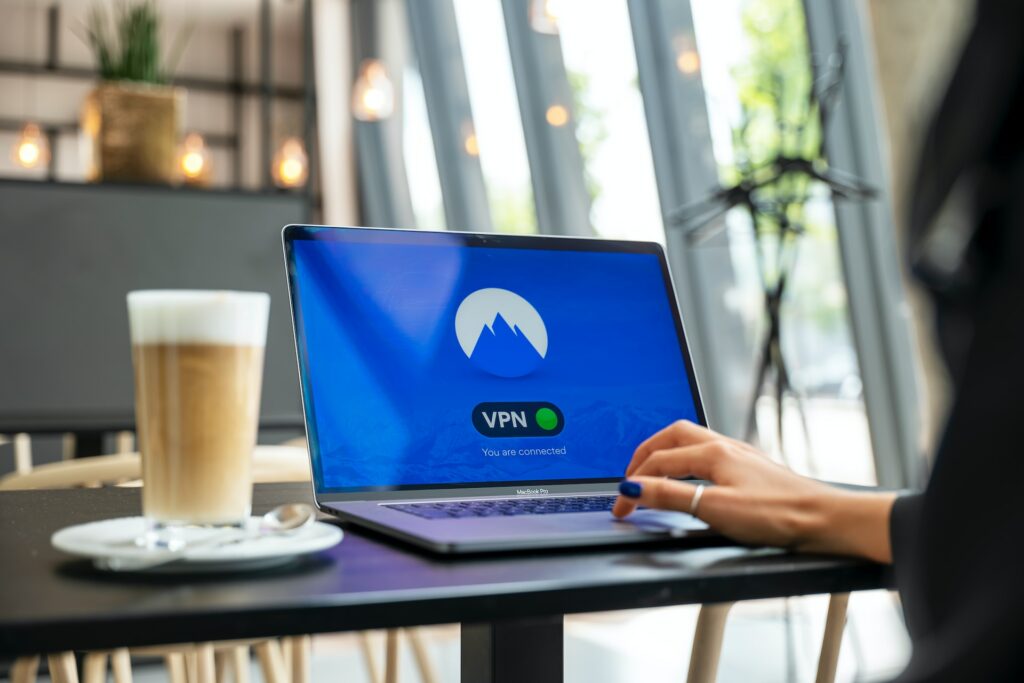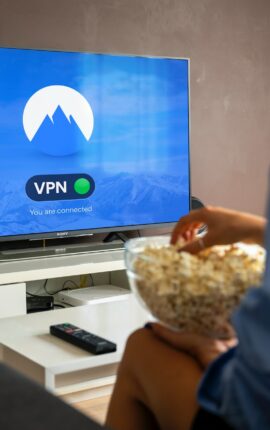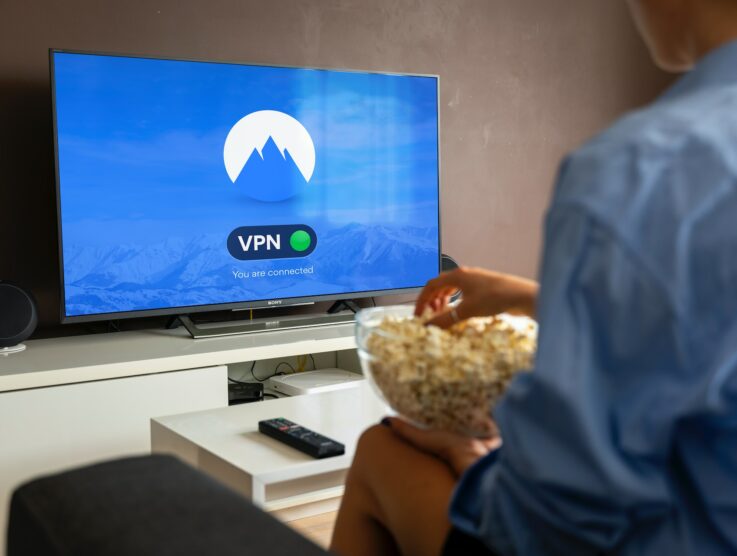
In an increasingly digital world, Virtual Private Networks (VPNs) have become a crucial tool in ensuring secure and private internet usage. While many understand the basic concept of a VPN, the underlying technology can seem intimidatingly complex. This article aims to demystify the technological aspects of a VPN, breaking it down into understandable chunks.
Encryption: The Heart of a VPN
At its core, a VPN’s primary function is to encrypt your internet data, making it unreadable to anyone trying to intercept it. Most VPNs use Advanced Encryption Standard (AES) with a 256-bit key, which is a military-grade encryption standard that’s nearly impossible to break.
Protocols: The VPN’s Blueprint
Protocols determine how your data is routed and encrypted between your device and the VPN server. There are several types of protocols, each with its strengths and weaknesses:
- OpenVPN: Highly secure and open-source, it’s great for bypassing firewalls, but can be slow.
- WireGuard: A newer protocol known for its speed, efficiency, and robust security.
- IKEv2: Ideal for mobile users due to its ability to re-establish a connection if it’s temporarily lost.
- L2TP/IPSec: Often used as an alternative to PPTP (which is now considered obsolete), but it’s slower than other protocols.
Servers and IP Address
When you connect to a VPN, your data is sent to one of the VPN’s servers before reaching its final destination. The VPN server assigns you a new IP address, masking your actual IP. This process anonymizes your online activities and can also help bypass geographical restrictions on content.
Kill Switch: The Safety Net
If your VPN connection drops unexpectedly, a kill switch is a feature that blocks all internet traffic until the connection is restored. This prevents your real IP address and online activities from being exposed.
Split Tunneling: The Best of Both Worlds
This feature allows you to route some of your traffic through the VPN, while the rest uses your regular internet connection. This can be useful when you want to access foreign and local content simultaneously, or if certain apps don’t work over a VPN.
DNS Leak Protection: Extra Layer of Security
When you use a VPN, all your DNS requests (which convert domain names into IP addresses) should be routed through the VPN network. However, sometimes requests might be sent over the regular internet, revealing your online activities. DNS leak protection ensures all DNS requests stay within the VPN network.
No-Logs Policy: Privacy Guarantee
A no-logs policy means the VPN provider doesn’t keep any record of your online activities. This is a critical feature for users concerned about their privacy.
In conclusion, while VPN technology may seem complicated, understanding its primary components can make it much more approachable. Armed with this knowledge, you can confidently make informed decisions about which VPN service is right for you.










